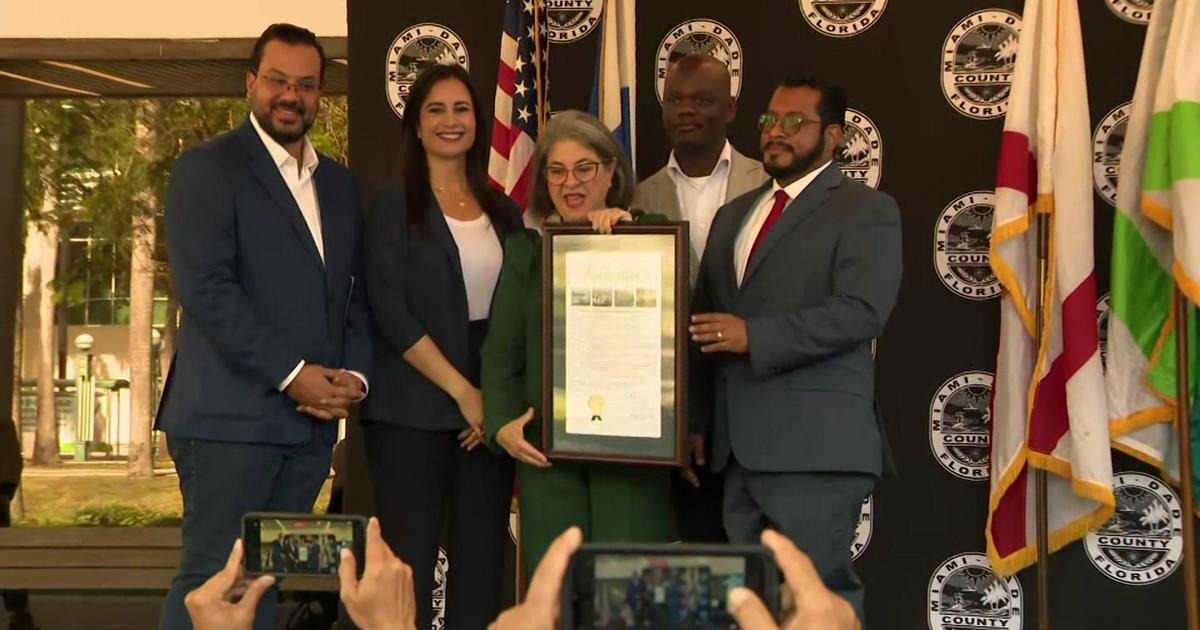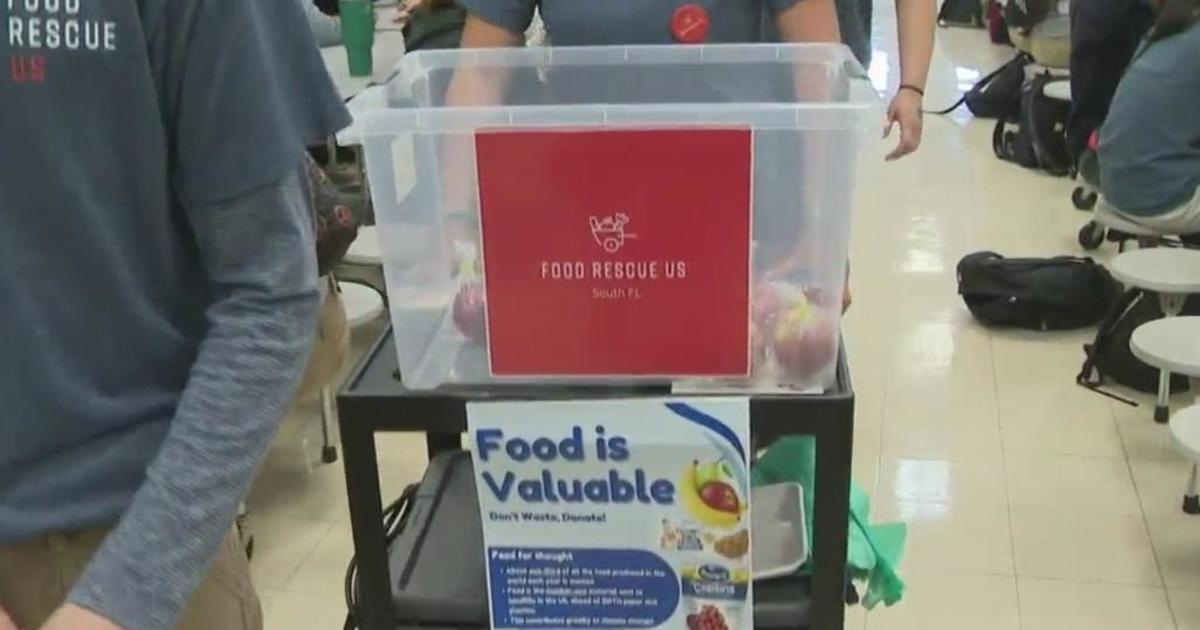Robotic Cats Are 'Purr-fect' Companions for Seniors Isolated Due to COVID-19
BOCA RATON (CBSMiami) – The companionship of a pet makes social distancing and isolation due to the COVID-19 pandemic a bit easier to tolerate. But for some people, caring for a pet is difficult which is why researchers from Florida Atlantic University's College of Nursing in Boca Raton came up with the "purr-fect" solution -- a robotic cat.
Many older adults, especially those living with Alzheimer's disease or related dementias (ADRD), and their caregivers remain alone for extended periods of time, especially now when family members can't visit older loved ones in senior living facilities.
The interactive robotic cats respond to motion, touch and sound and offer an alternative to traditional pet therapy.
Data from a study using 12 adults aged 50 and older with ADRD showed the interactive cats are successful tools in managing social isolation.
"What we saw from the robotic, interactive pets project is that it appeared to provide our day care participants with a companion that prompted them to speak to the pet often as well as share their feelings," said María de los Ángeles Ordóñez, an associate professor and director of FAU's Louis and Anne Green Memory and Wellness Center. "Participants seemed to believe that the pet was responding to their statements through meowing, turning their head, or blinking their eyes, and that they were 'having a conversation' with the pet."
Family caregivers also experienced less stress and benefited when companion pets allowed increased engagement with the older adult and their environment.
Participants often stroked and spoke to their pets, sharing their feelings openly. Several family members reported that their loved one slept with their pet following the program's conclusion.
"The robotic pets provided a means of engagement and entertainment and also evoked participants to share memories of their previous pets. As a group activity, it also offered opportunities for the participants to communicate with each other," said Lisa Kirk Wiese, an assistant professor and faculty chair.



